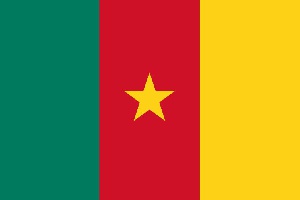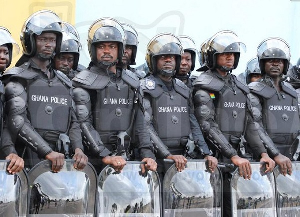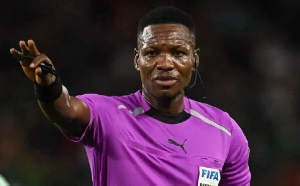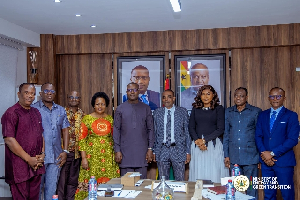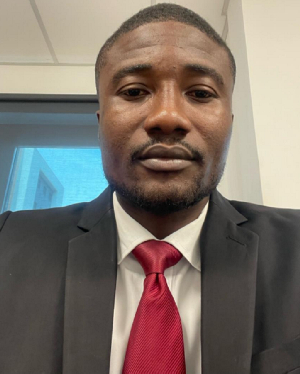About 400 military police officers arrived in Bamenda from Cameroon's capital, Yaounde, recently, vowing to defend the country's territorial integrity.
A similar number of armed police officers also arrived in the English-speaking southwestern town of Buea this week.
One of their commanders, Colonel Henri Tchinda, said the government dispatched the officers to make sure peace is maintained in the English-speaking northwest and southwest regions before, during and after the joint local council and parliamentary elections.
He said the government is strongly committed to ensuring that the elections take place in total peace and serenity all over the English-speaking regions, and the troops have been sent to protect candidates, civilians, public buildings and electoral material. He said they are asking civilians to have confidence in the troops, especially now that the crisis is gradually ending.
Cameroon's military confirmed that besides the 800 police officers, about 500 other military personnel were deployed this week to ensure peace during the elections.
The troops are arriving after at least 100 English-speaking candidates resigned amid separatist threats and attacks on them and their property. The whereabouts of others are unknown but separatists claimed on social media that their fighters abducted candidates and promised to free them after the polls.
Denis Kemlemo, spokesman for the opposition Social Democratic Front (SDF) headquartered in Bamenda, said many of their candidates are on the run.
"We are having a lot of attacks," he said. "Most of the candidates of Santa [town] are on the run, SDF candidates are on the run. The SDF is immune to intimidation and blackmail because we are used to that."
Kemlemo said the SDF must stand for the elections in spite of the threats because it believes Cameroon's Parliament has a great chance of solving the problems in the English-speaking regions through legislation.
This week, the country's elections management body, ELECAM, said many of its workers in the restive regions were on the run because of threats from separatist fighters and that some of their offices in the English-speaking towns of Ndu, Kumbo and Ndop had been destroyed by the separatists.
Melvis Ndamukong, human rights activist and coordinator of the Bamenda-based NGO Center for Human Rights Protection, said the presence of the military does not assure that successful elections will be conducted.
"We cannot continue in this explosive situation," said Ndamukong. "You have teachers, you have young people, farmers, traders scattered all over the country. People are homeless. What we need now is to see how we are going to bring back these people to live normal lives."
Some residents accused the government of bringing in troops to stuff ballot boxes on the day of the polls and give an impression that many people voted.
Deben Tchoffo, governor of the English-speaking northwest region, says the military is there only to protect citizens.
"The head of state [President Paul Biya], in his message to the nation, promised the people that he will neglect nothing to secure peace to the northwest region and for that he has sent reinforcement to the security services," Tchoffo said. "He has also supplied key equipment that will help them perform their duty all over the northwest region."
Separatists vowed on social media to disrupt the elections and warned all English speakers against participating in polls that they say are organized by a foreign government.
Separatists have been fighting since 2017 to detach English-speaking northwest and southwest Cameroon from the rest of the country and its French-speaking majority.
The secessionist uprising in the English-speaking regions, home to 5 million people, has cost more than 3,000 lives and forced 500,000 to flee either to the French-speaking regions or into neighboring Nigeria, according to the United Nations.
Africa News of Tuesday, 14 January 2020
Source: allafrica.com

